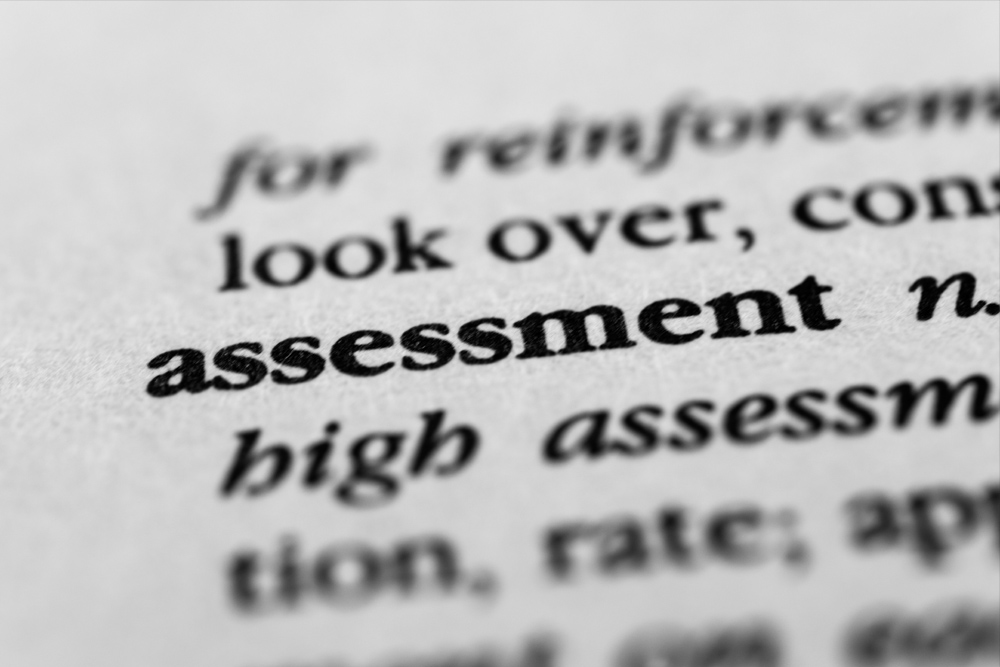
Texans to vote in special election on constitutional amendments related to property taxes
By Bethany Blankley | The Center Square
Gov. Greg Abbott has scheduled a special election for May 7 for voters to decide on two proposed constitutional amendments addressing property taxes after the legislature didn’t pass meaningful property tax relief during four legislative sessions last year.
Failing to reduce property taxes in the seven years he’s been in office is a key reason why many conservatives in the state say they are supporting his challengers in the Republican primary election. The election is March 1 and early voting is already underway.
Proposition 1 would authorize the state legislature to reduce the limit on property taxes imposed on the homesteads of elderly or disabled residents to reflect any tax rate reduction enacted by law from the preceding tax year.
Proposition 2 would increase the homestead exemption for school district property taxes from $25,000 to $40,000.
The state constitution grants power solely to the state legislature to initiate statewide initiatives or referendums. In order for a constitutional amendment to be added to a ballot, a measure must receive two-thirds of the vote in each legislative chamber. If Proposition 2 passes, it would be the second increase in the homestead exemption in eight years. The legislature increased the homestead exemption from $15,000 to $25,000 for the first time in decades in 2015.
Property taxes have skyrocketed in Texas in recent years with homeowners in some counties now paying more in property taxes than Californians.
The Republican-controlled legislature met four times in 2021, during one general session, and three special sessions. In all four, Abbott didn’t prioritize property tax relief and the legislature didn’t get to vote on a transformative property tax reform bill, HB90, because House Speaker Dade Phelan, R-Beaumont, and Calendars Committee chairman Dustin Burrows, R-Lubbock, killed it.
HB90, filed by state Rep. Tom Oliverson, R–Houston, established a permanent formula to buy down school M&O property taxes with available surpluses. Texans for Fiscal Responsibility argued it could eliminate the tax while also not reducing school funding.
Instead, Republicans pushed through a bill filed by state Rep. Morgan Meyer to use American Rescue Plan Act funding to provide relief equivalent to pennies on the dollar to homesteaders.
In a joint statement issued last October, Lt. Gov. Dan Patrick and Phelan said, “The increase in the homestead exemption will save every homeowner $175 per year over the lifetime of their home, which will total in the thousands in tax savings.”
But $175 out of a $5,000 tax bill, for example, with increasing appraisal valuations every year could translate to zero dollars in savings, critics noted.
They also said “$3 billion of ARPA funds will be held for future tax relief that the legislature will study before the 88th Legislative Session. This $3 billion being held in reserve is in addition to the legislature leaving $6 billion in general revenue and projected $12 billion in our Rainy Day fund.”
Passing HB90 would have also benefited all Texans, Oliverson argues, including renters who pay the increased property tax bill that homeowners pass on to them.
“To benefit all with property, including renters and employers,” Oliverson argued, the homestead provision that the legislature passed at the last minute should have included SB1, proposed by state Sen. Paul Bettencourt, and HB90, which would use general revenue to reduce property taxes.
Abbott claimed the constitutional amendments “will provide property tax relief to Texas homeowners.”
Meyer’s bill also received criticism because it was proposed and approved in less than 12 hours, indicating that Republican legislators can pass bills if they “choose to prioritize certain legislation,” Michael Quinn Sullivan with Texas Scorecard argued.
Republican leadership failing to reduce property taxes, a longstanding priority of the Texas Republican Party, “paints clearly the picture of the ongoing struggle between Republican activists and lawmakers from their own party,” he said.
After seven years under Abbott, Republicans “delivered a ‘property tax solution’ no one asked for and which accomplishes almost nothing,” he added.
After announcing he was running for a third term, Abbott released a “Taxpayer Bill of Rights.” Some conservatives have described it as a last-minute Hail Mary as he’s up against Republican challengers committed to tax reform.
Ret. Lt. Col. Allen West and former state legislator Don Huffines, who describe themselves as the conservative alternative to Abbott, argue the state budget surplus should have gone toward providing property tax relief to Texans and didn’t because of “Abbot’s failed leadership.”
West said that he’d work to replace Texas’ progressive property tax with a consumption-based tax; Huffines supports reducing property taxes by cutting state spending. Both have blamed Abbott for blocking Oliverson’s bill.
Oliverson’s bill incorporated a plan proposed by the Texas Public Policy Foundation, which would eliminate property taxes over time without cutting public school funding. Public school district taxes constitute the largest portion of property tax bills. A new tax structure, if implemented, would move toward funding local governments primarily through sales tax revenue.
TPPF’s proposal would “eliminate property taxes for every Texan by 2033 or sooner, while also making structural changes to the system that prevent year-to-year spikes in tax bills and rein in irresponsible local governments.”
“Texans will never experience the peace of mind that comes with owning their home until property taxes are eliminated,” TPFF’s chief economist, Vance Ginn, said. “Until then, Texans are simply renting their home from the government, always with the fear that taxes could become so exorbitant they can no longer afford to stay.”






